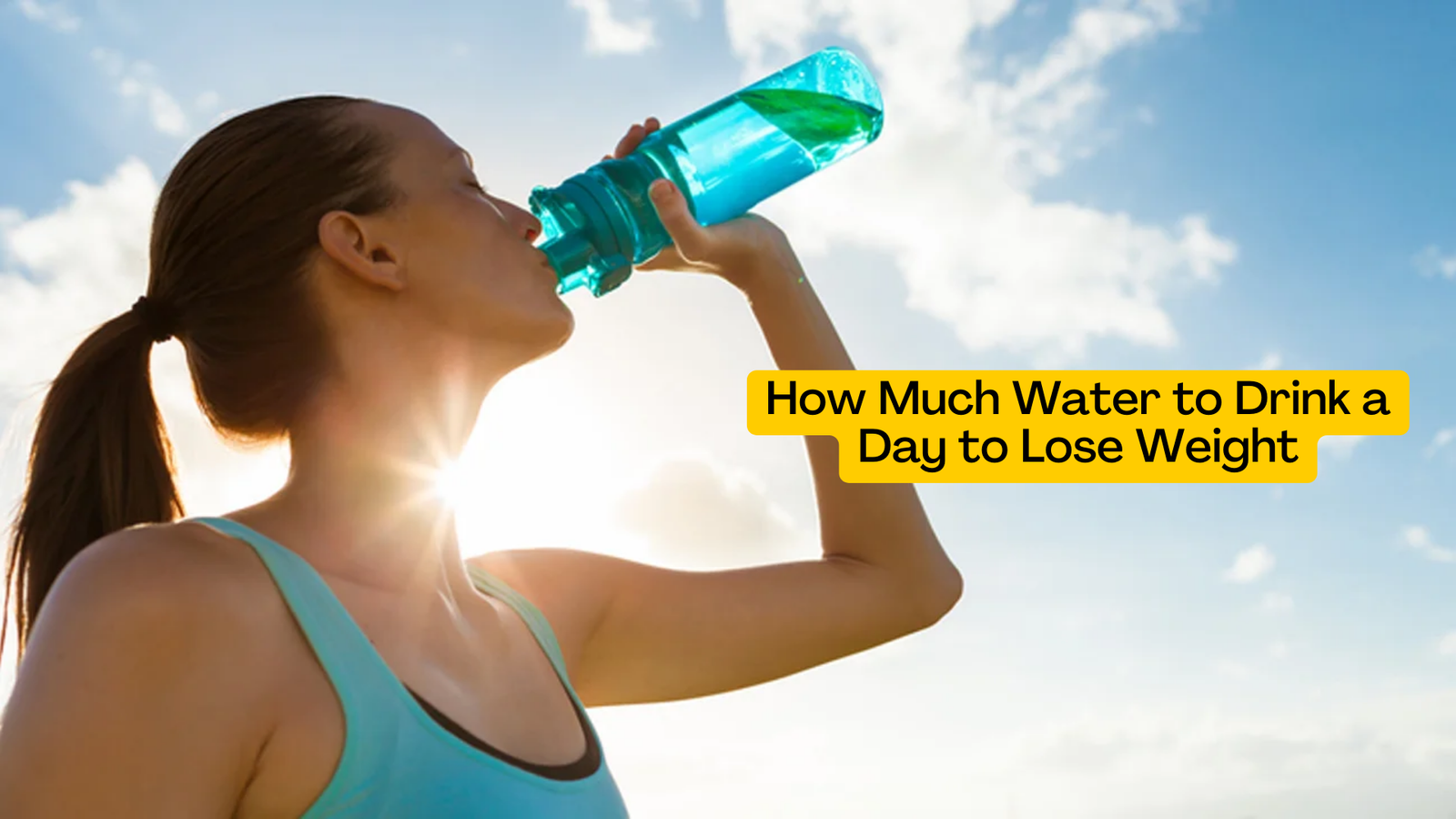Maintaining a healthy weight is a multifaceted endeavor, often involving a combination of diet, exercise, and lifestyle adjustments. One key component that is frequently overlooked is hydration. Understanding how much water to drink a day to lose weight can significantly impact your weight loss journey. In this comprehensive guide, we will explore the relationship between water intake and weight loss, providing you with detailed insights to help you achieve your health goals.
The Importance of Hydration in Weight Loss
Water is essential for nearly every function in the human body, from regulating temperature to aiding digestion and nutrient absorption. When it comes to weight loss, hydration plays several critical roles:
- Boosts Metabolism: Drinking water can temporarily boost your metabolism, helping you burn more calories. Studies have shown that drinking 500ml of water can increase metabolic rate by 30% for about 30-40 minutes.
- Appetite Suppression: Often, our bodies can confuse thirst with hunger. Staying well-hydrated can help prevent unnecessary snacking and reduce overall calorie intake.
- Improves Exercise Performance: Proper hydration ensures that your muscles work efficiently, reducing the risk of fatigue and enhancing your workout performance, which is crucial for weight loss.
- Detoxification: Water helps flush out toxins from the body, which can support better digestion and overall health.
Determining Your Daily Water Needs
The amount of water each person needs can vary based on several factors, including age, gender, weight, and activity level. Here are some general guidelines to help you determine how much water you should drink each day to lose weight:
1. General Recommendations
The Institute of Medicine (IOM) suggests a daily water intake of about 3.7 liters (125 ounces) for men and 2.7 liters (91 ounces) for women. These recommendations include all fluids consumed throughout the day, not just water.
2. Weight-Based Calculation
A more personalized approach is to calculate your water needs based on your body weight. A common recommendation is to drink half an ounce to an ounce of water for each pound you weigh. For example, if you weigh 160 pounds, you should aim for 80 to 160 ounces of water per day.
3. Activity Level Adjustments
If you are physically active, you will need to drink more water to compensate for fluid loss through sweat. For every hour of intense exercise, an additional 12 ounces of water is typically recommended.
Water Timing and Weight Loss
Not only is the amount of water you drink important, but so is the timing. Here are some tips on when to drink water to maximize its weight loss benefits:
1. Morning Hydration
Start your day with a glass of water to kickstart your metabolism and rehydrate your body after a night of sleep. This can also help reduce morning hunger.
2. Pre-Meal Hydration
Drinking a glass of water 30 minutes before meals can help you feel fuller, which can lead to reduced calorie intake and better portion control.
3. During Meals
Sipping water during meals aids in digestion and can prevent overeating. However, avoid drinking excessive amounts as it can dilute stomach acids and impair digestion.
4. Post-Workout Hydration
Replenish lost fluids by drinking water after your workout. This not only aids recovery but also helps maintain metabolic efficiency.
Tips for Increasing Your Water Intake
If you find it challenging to drink enough water, here are some strategies to help you stay hydrated:
1. Carry a Water Bottle
Having a reusable water bottle with you at all times makes it easier to drink water throughout the day. Choose a bottle with markers to track your intake.
2. Infuse Your Water
Adding natural flavors like lemon, cucumber, or mint can make drinking water more enjoyable and refreshing.
3. Set Reminders
Use smartphone apps or set regular reminders to ensure you are drinking water consistently throughout the day.
4. Eat Water-Rich Foods
Incorporate fruits and vegetables with high water content, such as watermelon, cucumber, and oranges, into your diet to boost your hydration levels.
Common Myths About Water and Weight Loss
There are several misconceptions about the role of water in weight loss. Let’s debunk some of the most common myths:
1. Drinking Water Alone Can Lead to Significant Weight Loss
While drinking water is essential for weight loss, it is not a magic solution. Effective weight loss requires a combination of proper diet, regular exercise, and a healthy lifestyle.
2. More Water Is Always Better
While it is important to stay hydrated, drinking excessive amounts of water can lead to water intoxication or hyponatremia, a condition where the sodium levels in your blood become dangerously low.
3. Cold Water Burns More Calories
There is a small thermogenic effect from drinking cold water as your body works to warm it up, but the calories burned are minimal and not enough to significantly impact weight loss.
Conclusion
In conclusion, understanding how much water to drink a day to lose weight is a vital component of a successful weight loss strategy. By staying properly hydrated, you can boost your metabolism, reduce appetite, improve exercise performance, and support overall health. Remember to tailor your water intake to your individual needs, considering factors like weight, activity level, and climate. By integrating these hydration strategies into your daily routine, you can enhance your weight loss efforts and achieve your health goals more effectively.
